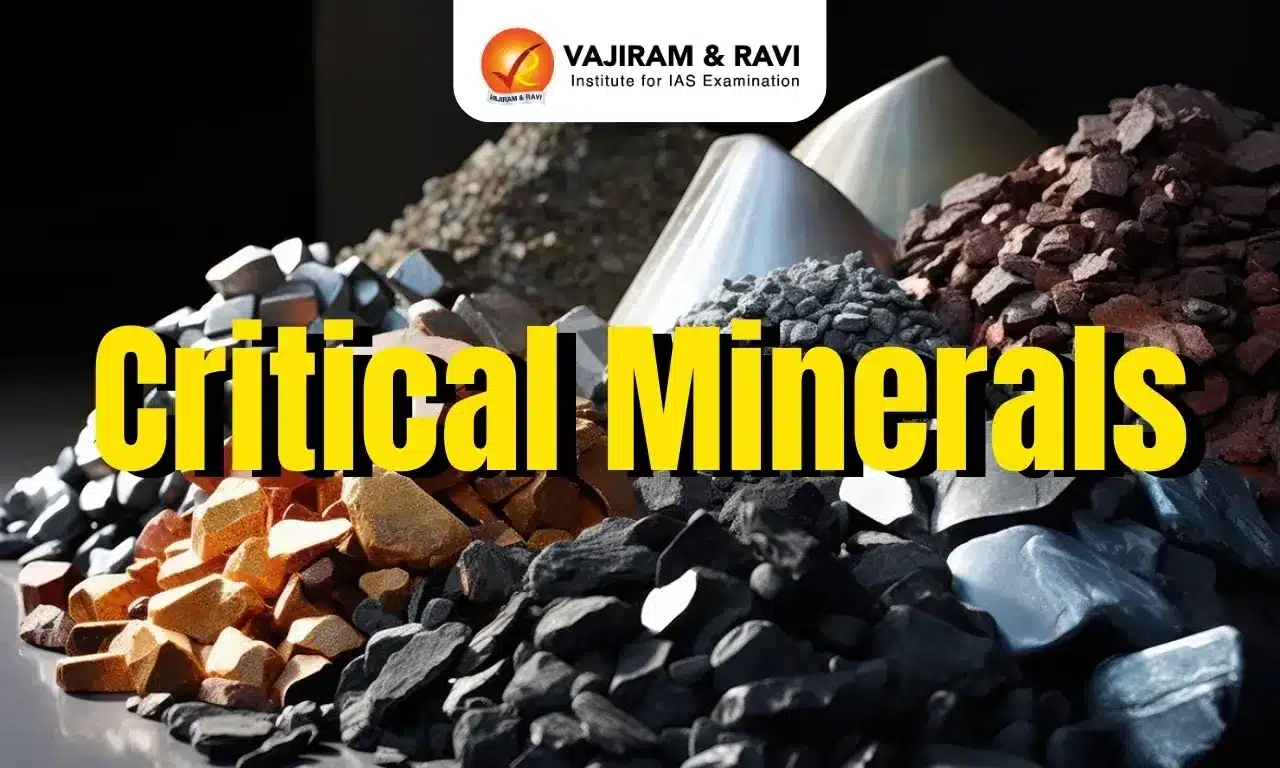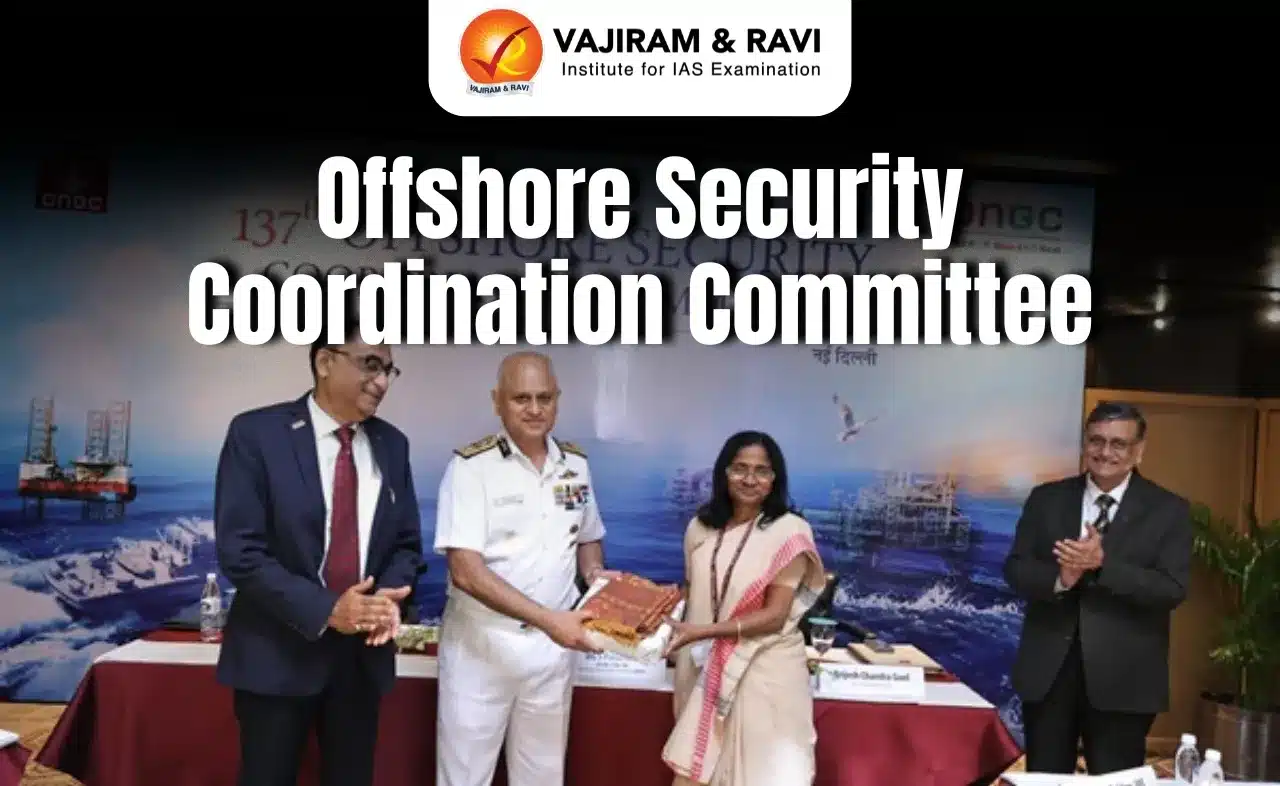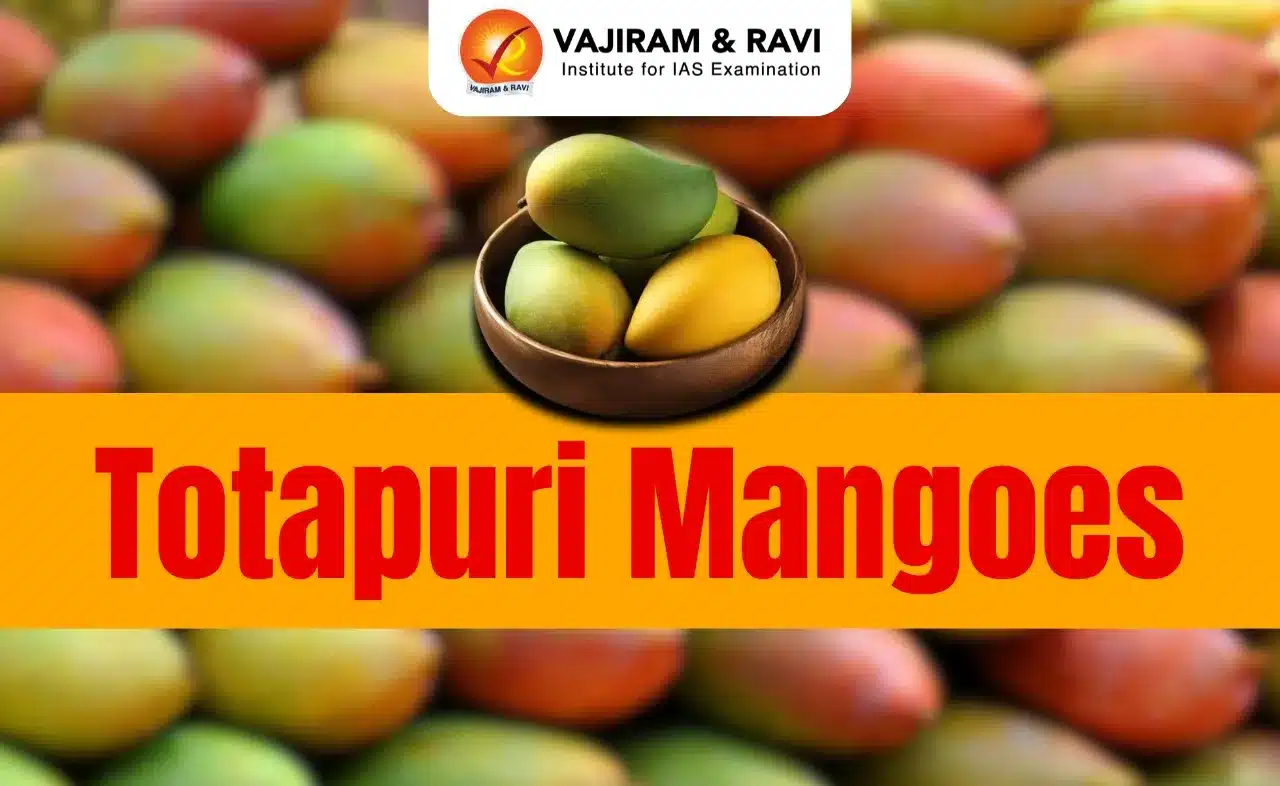Critical Minerals Latest News
The Government of India launched the National Critical Mineral Mission (NCMM) in 2025 to boost self-reliance in the critical minerals sector and support India’s clean energy goals.
What are Critical Minerals?
- Critical minerals are those that are essential for modern technologies and national security, but have supply chain risks due to their limited availability or geographical concentration.
- Their ‘criticality’ changes over time depending on technological demand and supply dynamics.
Applications of Critical Minerals
- Solar Panels: Use silicon, tellurium, indium, and gallium.
- Wind Turbines: Use rare earth elements like neodymium, dysprosium.
- Electric Vehicles (EVs): Rely on lithium, cobalt, nickel for batteries.
- Energy Storage Systems: Use lithium-ion batteries.
- Also used in electronics, defence, aerospace, and medical technologies.
Legal and Regulatory Framework
- 30 critical minerals were identified by a Ministry of Mines committee in 2022.
- List of India’s 30 Critical Minerals: Antimony, Beryllium, Bismuth, Cobalt, Copper, Gallium, Germanium, Graphite, Hafnium, Indium, Lithium, Molybdenum, Niobium, Nickel, PGE, Phosphorous, Potash, REE, Rhenium, Silicon, Strontium, Tantalum, Tellurium, Tin, Titanium, Tungsten, Vanadium, Zirconium, Selenium, and Cadmium.
- 24 minerals added to Part D of Schedule I of the MMDR Act, 1957, granting Central Government exclusive auctioning powers.
- A Centre of Excellence for Critical Minerals (CECM) will regularly review the mineral list and advise policy.
Key Institutions and Their Role
- Geological Survey of India (GSI): Leading exploration under UNFC classification and MEMC Rules, 2015.
- Department of Atomic Energy: Identified 1,11,845 tonnes of REE oxide in Balotra, Rajasthan.
- IREL (India) Limited: Leading processing of beach sand minerals and operating Rare Earth Extraction and Refining Units.
International Cooperation
- KABIL (Khanij Bidesh India Ltd) signed agreements with:
- CAMYEN SE (Argentina) for lithium exploration over 15,703 hectares.
- Critical Minerals Office, Australia for lithium and cobalt projects.
- Collaboration includes off-take agreements, funding support, and MEA coordination.
- Top Global Producers of Critical Minerals: Chile, Indonesia, Congo, China, Australia, and South Africa.
About the National Critical Mineral Mission (NCMM)
- The National Critical Mineral Mission (NCMM) is a strategic initiative by the Ministry of Mines aimed at ensuring long-term availability, security, and processing of critical minerals that are vital for clean energy technologies, economic development, and national security.
- It aligns with India’s commitments to net-zero emissions by 2070 and reducing the emissions intensity of GDP by 45% by 2030 (from 2005 levels).
Critical Minerals FAQs
Q1. What are critical minerals?
Ans. Minerals vital for clean energy (lithium, cobalt), defense (titanium), and tech (rare earths). India’s 2023 list identifies 30, including graphite and nickel.
Q2. Why is securing critical minerals strategic for India?
Ans. Over 80% are imported; shortages risk renewable energy targets (500 GW by 2030) and semiconductor mission self-reliance.
Q3. Which initiative addresses India’s critical mineral needs?
Ans. Khanij Bidesh India Ltd (KABIL) acquires overseas lithium mines (e.g., Argentina’s Maricunga) and partners with Australia under the MSP.
Source: PIB
Last updated on June, 2025
→ UPSC Notification 2025 was released on 22nd January 2025.
→ UPSC Prelims Result 2025 is out now for the CSE held on 25 May 2025.
→ UPSC Prelims Question Paper 2025 and Unofficial Prelims Answer Key 2025 are available now.
→ UPSC Calendar 2026 is released on 15th May, 2025.
→ The UPSC Vacancy 2025 were released 1129, out of which 979 were for UPSC CSE and remaining 150 are for UPSC IFoS.
→ UPSC Mains 2025 will be conducted on 22nd August 2025.
→ UPSC Prelims 2026 will be conducted on 24th May, 2026 & UPSC Mains 2026 will be conducted on 21st August 2026.
→ The UPSC Selection Process is of 3 stages-Prelims, Mains and Interview.
→ UPSC Result 2024 is released with latest UPSC Marksheet 2024. Check Now!
→ UPSC Toppers List 2024 is released now. Shakti Dubey is UPSC AIR 1 2024 Topper.
→ Also check Best IAS Coaching in Delhi






















